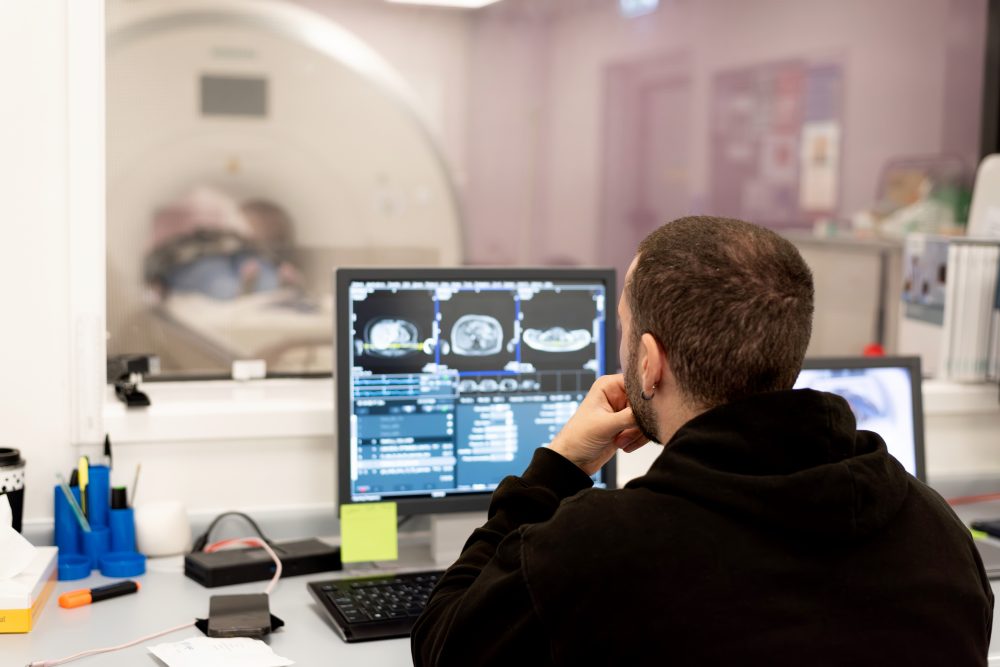Congratulations to the UK Biobank’s human imaging project as they reach a major new milestone
UK Biobank is celebrating an outstanding achievement of completing the world’s largest whole body imaging project. They have scanned the brains, hearts, abdomens, blood vessels, bones and joints of 100,000 volunteers.
These scans can reveal population-level trends in how, why and when we get sick, which only become clear when you have data on this scale.
Information on lifestyle, medical history, genetics and blood proteins collected from the same volunteers over the past 15 years can also be accessed via UK Biobank.
“The beauty of UK Biobank is the breadth of the data collected from the generous volunteers, and the imaging scans add another layer of exquisite detail. One recent study used the brain imaging data from 20,000 participants, along with activity monitoring and genetic data, to develop an AI tool to predict who may go on to develop Alzheimer’s and Parkinson’s diseases. I can’t wait to see what imaging data on 100,000 individuals will reveal!” said Professor Paul Matthews, Director of the Rosalind Franklin Institute and Chair of the UK Biobank Imaging Working Group.

UK biobank data is also shedding light on health risks well before symptoms appear, which could lead a move away from treatment to preventing disease in the first place. Researchers have combined MR images with other health data and AI to predict the early onset of 38 diseases.
The development of machine learning tools by data scientists has been fundamental to being able to analyse the vast amount of imaging data being produced by UK Biobank.
“Good data is essential for the development of machine learning tools. It is only with good data that we can fully utilise the power of AI and make progress on the grand challenges of health,” said Dr Laura Shemilt, Head of Research Software Engineering at the Rosalind Franklin Institute.
